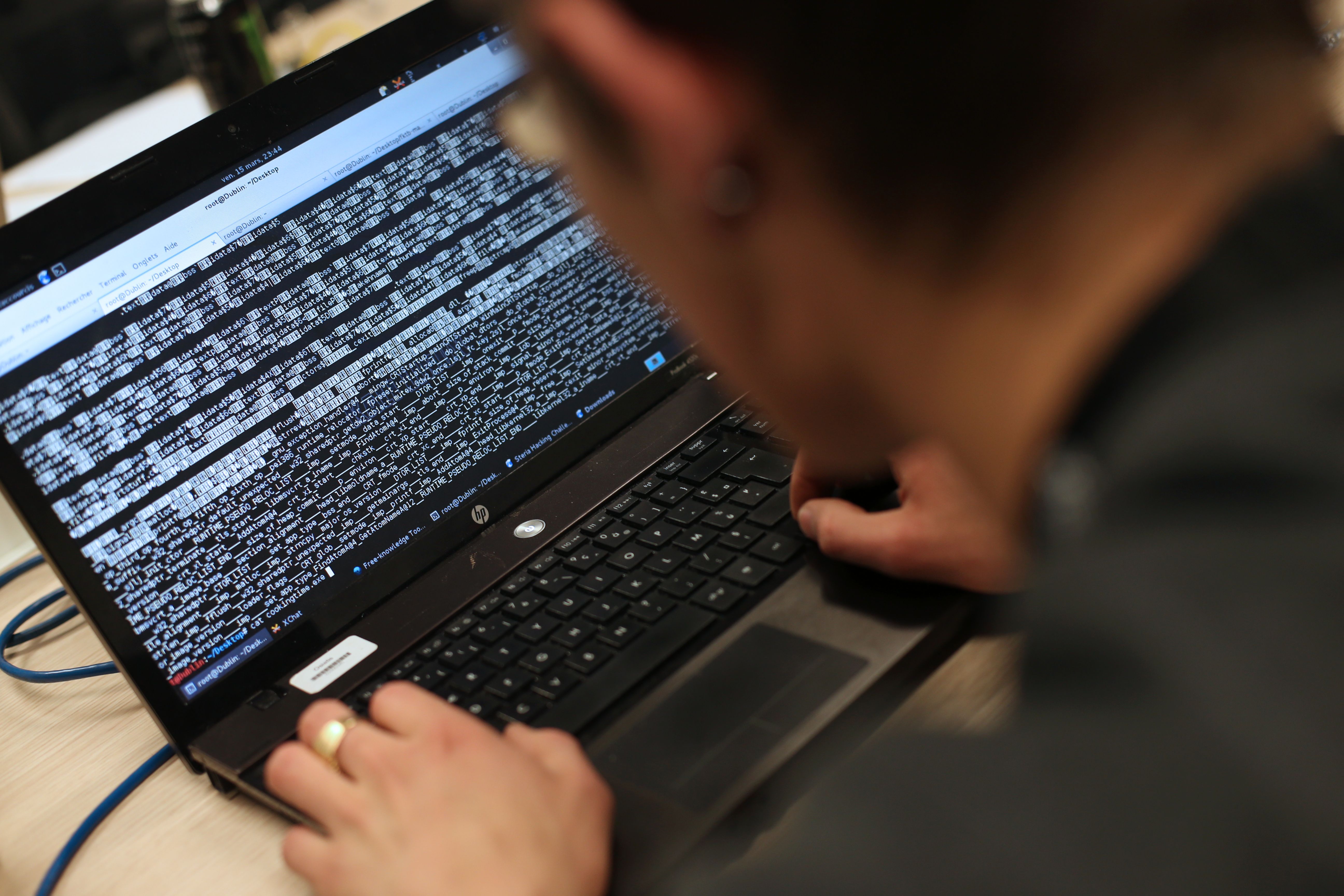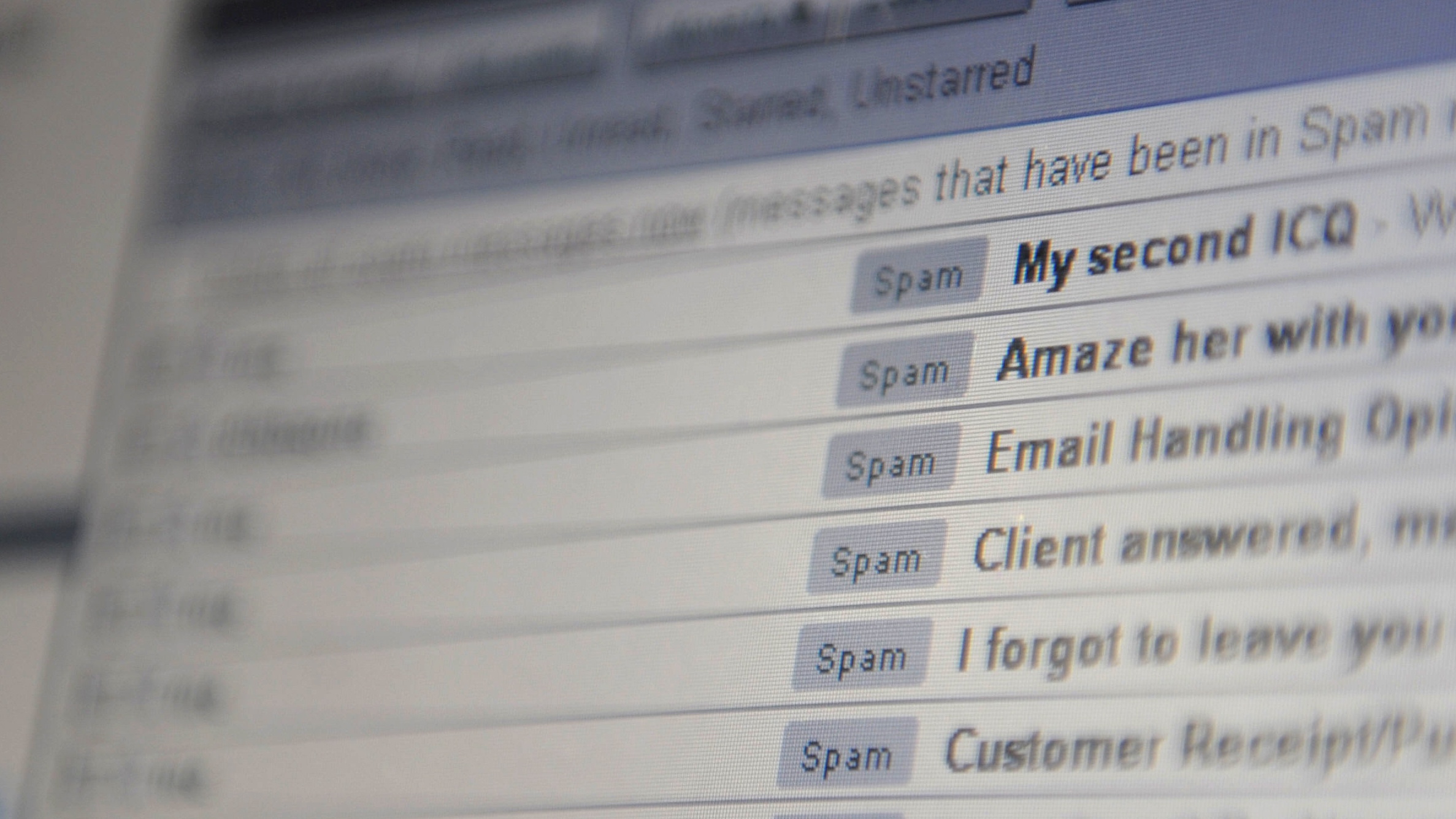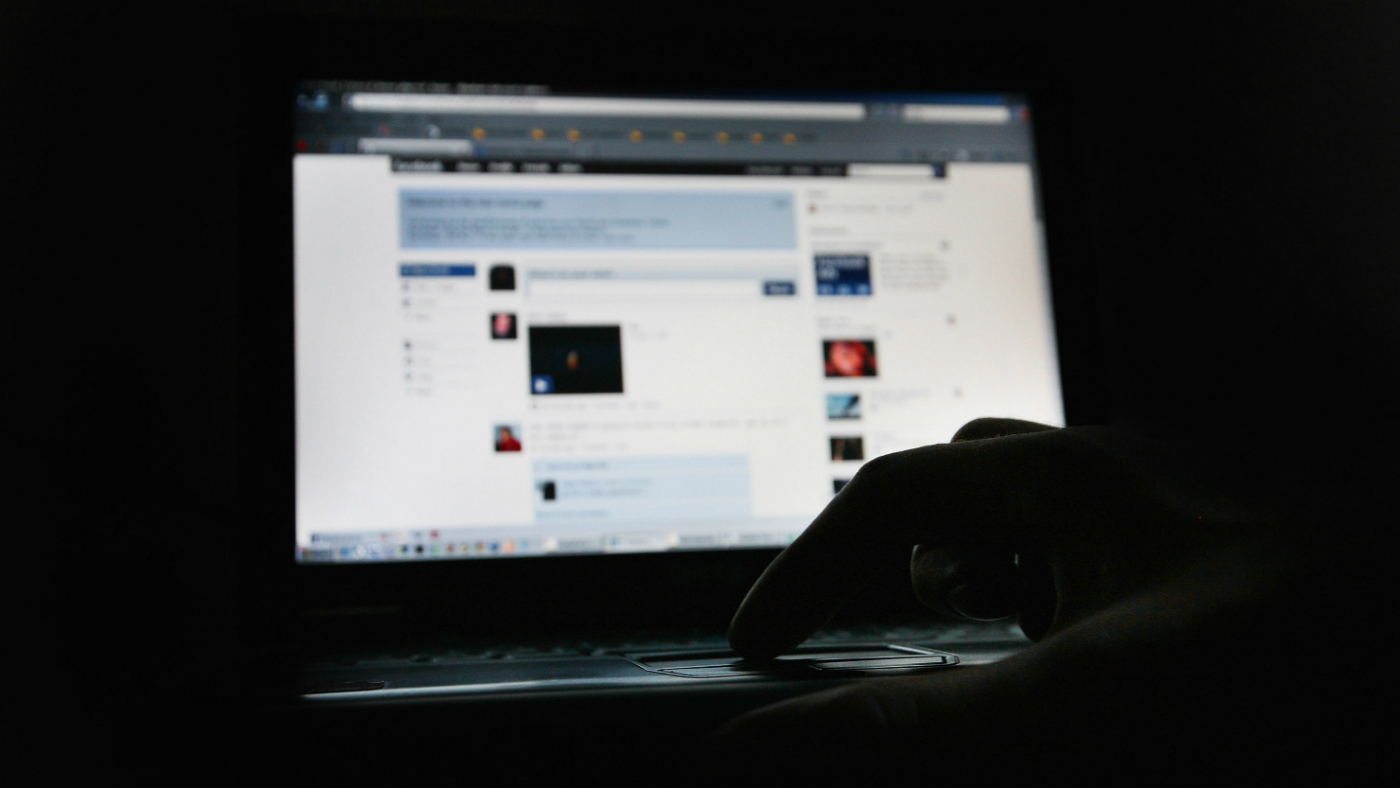Why fax machines pose a major cybersecurity risk
Researchers say hackers can upload malware to networks using ‘specially created’ image files

A free daily email with the biggest news stories of the day – and the best features from TheWeek.com
You are now subscribed
Your newsletter sign-up was successful
Security experts have warned companies and homeowners using fax machines that they may be at risk of falling victim to cybercrime.
A study by US-based cybersecurity advisers Check Point Research found an exploit in printers with built-in fax machines whereby criminals could “infiltrate any home or corporate network” with just a fax number.
The so-called faxploit occurs when hackers send a “specially created image file” to a fax number, which is then “automatically decoded and uploaded” to the printer’s internal memory, reports the Daily Mirror.
The Week
Escape your echo chamber. Get the facts behind the news, plus analysis from multiple perspectives.

Sign up for The Week's Free Newsletters
From our morning news briefing to a weekly Good News Newsletter, get the best of The Week delivered directly to your inbox.
From our morning news briefing to a weekly Good News Newsletter, get the best of The Week delivered directly to your inbox.
If hackers programme the files to contain malware, the disrupting software “takes over the device and can spread to any network the fax-printer is connected to”, the newspaper explains.
According to tech news site VentureBeat, Check Point researchers were able to replicate the security loophole on a Hewlett-Packard (HP) printer-fax machine. This prompted HP to issue a fix in the form of a firmware update for its fax-enabled devices.
However, many products have not been updated to close the loophole.
Although fax is considered an ageing technology, around 45 million printer-fax machines are still used worldwide, the London Evening Standard reports.
A free daily email with the biggest news stories of the day – and the best features from TheWeek.com
The NHS alone uses 9,000 fax machines - which is “particularly worrying” given that the health service handles “vast amounts of highly sensitive personal data” using the technology, the newspaper adds.
Yaniv Balmas, a researcher at Check Point, told the BBC that fax security systems were “standardised in the 1980s and have not been changed since”.
“Fax has no security measures built in, absolutely nothing,” he said.
Speaking to Wired, Check Point’s Eyal Itkin said that the best way to prevent a fax cyberattack is to stop using the technology altogether.
If that’s not possible, he recommends segregating printers by putting them on “a separate network”.
“So even if someone takes over the printer, they won’t easily be able to propagate into the main network”, Itkin concludes.
-
 At least 8 dead in California’s deadliest avalanche
At least 8 dead in California’s deadliest avalancheSpeed Read The avalanche near Lake Tahoe was the deadliest in modern California history and the worst in the US since 1981
-
 Political cartoons for February 19
Political cartoons for February 19Cartoons Thursday’s political cartoons include a suspicious package, a piece of the cake, and more
-
 The Gallivant: style and charm steps from Camber Sands
The Gallivant: style and charm steps from Camber SandsThe Week Recommends Nestled behind the dunes, this luxury hotel is a great place to hunker down and get cosy
-
 How cybercriminals are hacking into the heart of the US economy
How cybercriminals are hacking into the heart of the US economySpeed Read Ransomware attacks have become a global epidemic, with more than $18.6bn paid in ransoms in 2020
-
 Language-learning apps speak the right lingo for UK subscribers
Language-learning apps speak the right lingo for UK subscribersSpeed Read Locked-down Brits turn to online lessons as a new hobby and way to upskill
-
 Brexit-hobbled Britain ‘still tech powerhouse of Europe’
Brexit-hobbled Britain ‘still tech powerhouse of Europe’Speed Read New research shows that UK start-ups have won more funding than France and Germany combined over past year
-
 Playing Cupid during Covid: Tinder reveals Britain’s top chat-up lines of the year
Playing Cupid during Covid: Tinder reveals Britain’s top chat-up lines of the yearSpeed Read Prince Harry, Meghan Markle and Dominic Cummings among most talked-about celebs on the dating app
-
 Brits sending one less email a day would cut carbon emissions by 16,000 tonnes
Brits sending one less email a day would cut carbon emissions by 16,000 tonnesSpeed Read UK research suggests unnecessary online chatter increases climate change
-
 Reach for the Moon: Nokia and Nasa to build 4G lunar network
Reach for the Moon: Nokia and Nasa to build 4G lunar networkSpeed Read Deal is part of the US space agency’s plan to establish human settlements on the lunar surface
-
 iPhone 12 launch: what we learned from the Apple ‘Hi, Speed’ event
iPhone 12 launch: what we learned from the Apple ‘Hi, Speed’ eventSpeed Read Tech giant unveils new 5G smartphone line-up
-
 Russian agency behind US election meddling ‘created fake left-wing news site’
Russian agency behind US election meddling ‘created fake left-wing news site’Speed Read Facebook says real reporters were hired by fake editors to write about US corruption